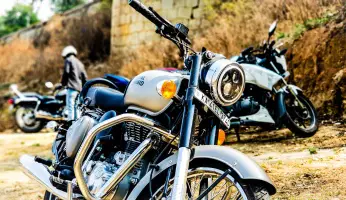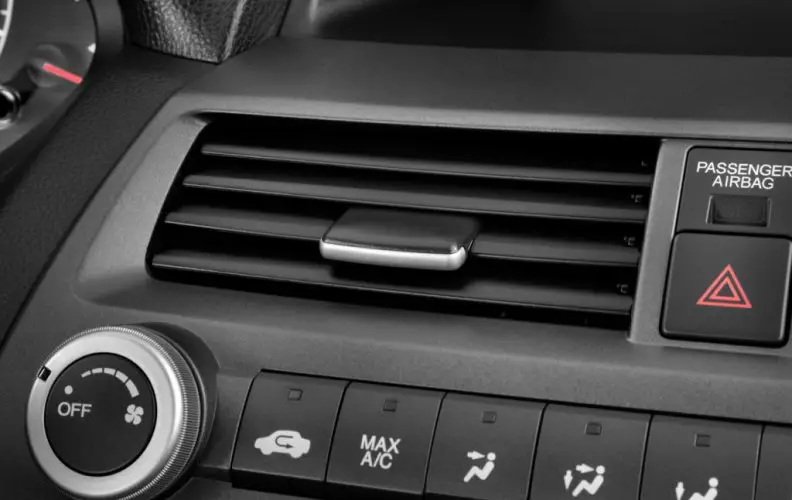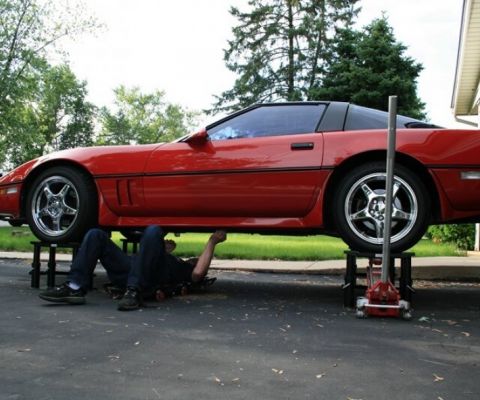Motorcycle Training: Are Classes Right For You?
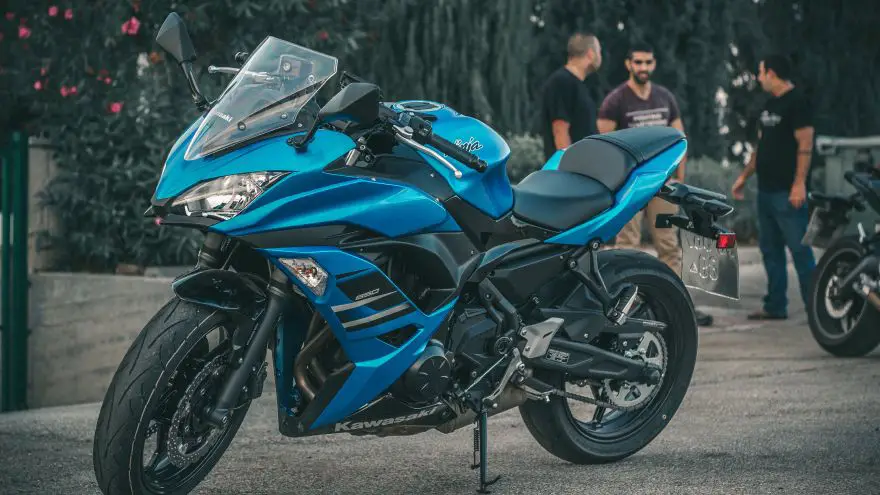 Motorcycle Training: Are Classes Right For You?
drivrzone.com
Motorcycle Training: Are Classes Right For You?
drivrzone.com
YES.
This is not a drill. I mean it. The answer to the question is yes.
But in light of a mood to educate and give you as much information as we possibly can, I’m contractually obligated to go into more detail. In this article, I’ll go through the different types of motorcycle classes, and why there is only really one answer to the entire scenario that is superior to the rest of them.

So you want to ride motorcycles? We don’t blame you. From this side of the fence, the grass is greener, the streets are curvier, and the gas tanks are always full.
Other than the exuberant amount of money you have to pour into your brand new hobby/craft/lifestyle—what with the purchase of a motorcycle (new or old), the collection of your full set of gear, insurance costs, and more—you’ve got to think about preparations and training. From where we sit, it’s a must.
Don’t be that person.
Plenty of people (especially those that live outside of the city) have that one friend or cousin that has a few dirt bikes floating around their garage, and the worst of these people take personal experience in replacement of actual training. This should never be the road you take. Proper training and resources can instill far more than just the physical ability of piloting a motorcycle.
There is a lot going on with body coordination, hand controls, and foot pedals. But these sorts of things (the types of recognition and practice that are perfected over time) are just the tip of the iceberg when it comes to learning how to ride.
The other cornerstones of a well-rounded rider are absolutely essential to both keeping yourself safe, and the rest of your fellow road users. When you skip out on an opportunity to take up riding lessons, you run the risk of becoming a rider that isn’t ideal. Without a fleshed out skillset, you put everything at risk.
Keep in mind that this is a monumental experience you’re about to embark on. It doesn’t matter if you’re throwing a leg over a saddle in order to get out of town for the weekend, to go camping, to find a few minutes of breeze, or to become an everyday two-wheeled commuter, you shouldn’t cut any corners on your way there.
An experience of inches at times, and an orchestra of techniques, motorcycle piloting isn’t an easy thing. Especially if you’re currently looking in from the outside. Many things can feel very overwhelming from where you’re sitting. But know this, young padawan, if you pay close attention and skip no steps, you will find the skills and the confidence you need with those skills to fully enjoy this experience.
In most cases, you will see two types of motorcycle training courses offered to you – like many articles we post, this will vary depending on your locations – one of them will in groups, the other will be private.
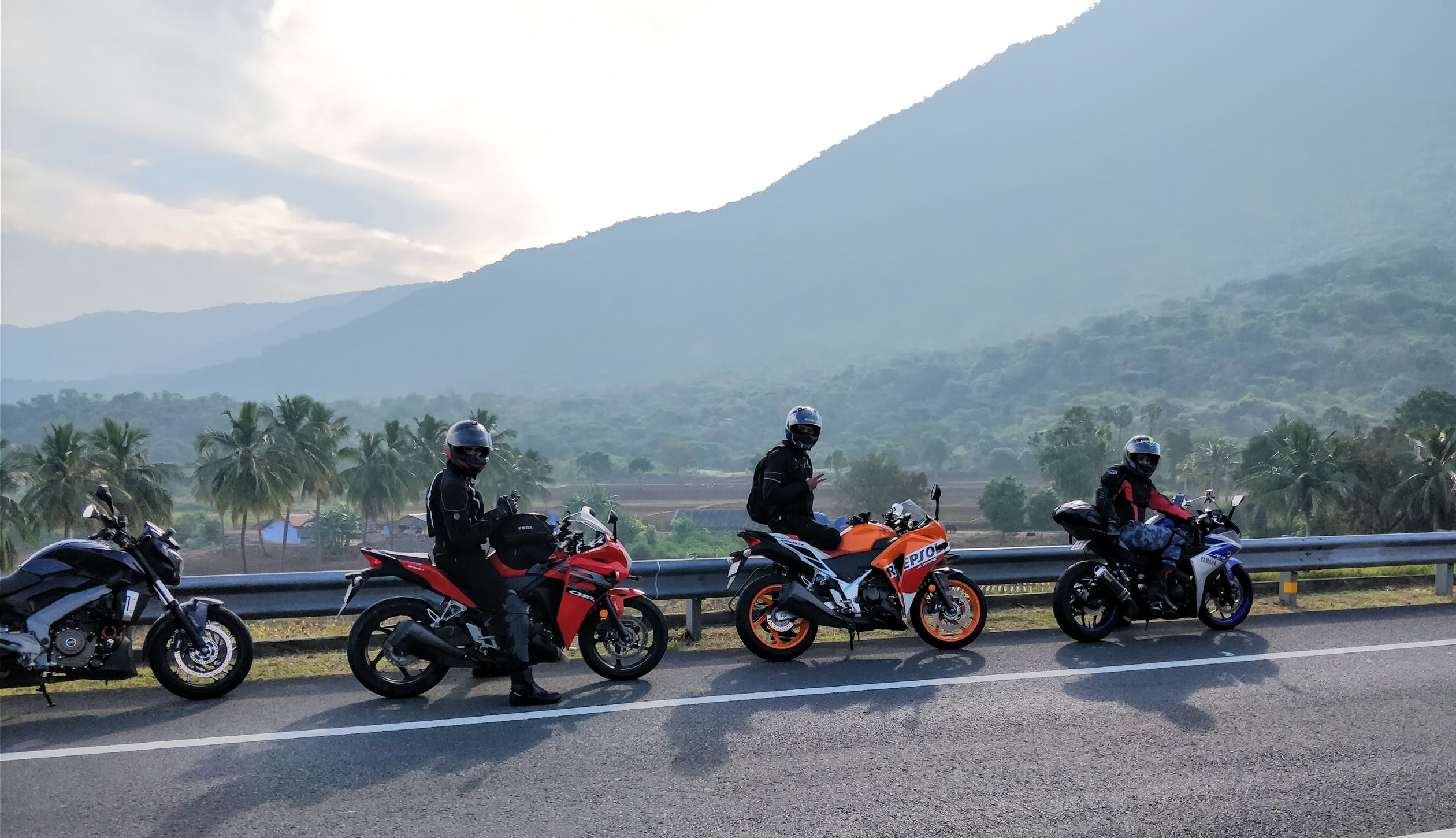
Group lessons are a thing.
Though, maybe they shouldn’t be. Let me explain.
Riding schools are, in theory, a decent idea. It’s a cheaper alternative to private lessons, and can see roughly a dozen riders graduate from their course at any given time. Usually, these training programs are operated on private grounds, and will give riders opportunities to run through motorcycle test skills in closed courses.
In addition to lot time, you will also (generally) have to complete a certain number of hours in a classroom.
The classroom coursework will vary extremely depending on the regional standards of practice with learners or new motorcycle licenses. But will consist of lots of paper-based testing, and chalkboard reading. It’s a real treat.

Group lessons are a bit of a joke
Get ready to jump through a someone-else shaped hoop, because they perpetuate a false sense of training. Due to the structure of group riding schools, you will leave their programs an incomplete rider.
You see, almost all of these riding schools are partnered with license groups like ICBC and the DMV, and the unfortunate side effect to that relationship is the demand for graduates. The strain of reputation has put these riding schools into a uniquely horrible situation.
In order to continue to receive good care from the license organizations, they must continue to produce an excellent percentage of graduates. In most cases, to qualify for graduation, you must pass your motorcycle skills test. With the purpose of easing the pain of wait times and long lines, most of these riding schools are given the ability to administer the official skills test themselves.
This poisonous combination means that to continuously keep their prestigious graduation rates, they’re more inclined to pass you while self-administering the tests.
So, everything you learn prior to graduation is solely focused on getting you to pass a single test, rather than how to be a fully-fledged rider. It’s a slight abuse of power, and one that isn’t super obvious to those looking to learn all they can about riding motorcycles before embarking on one of the most beautiful journeys of their lives.
On top of their unfathomable bias towards the success of should-be-failure students, most riding schools have medium to large class sizes. Meaning that you will not get one-on-one training during your entire program. Groups practice in groups, test in groups, and even go on their (one or two, which is a crazy low number for a school that’s supposed to be teaching you how to ride) practice rides around town.
I beg of you, avoid motorcycle training schools that are group-based.
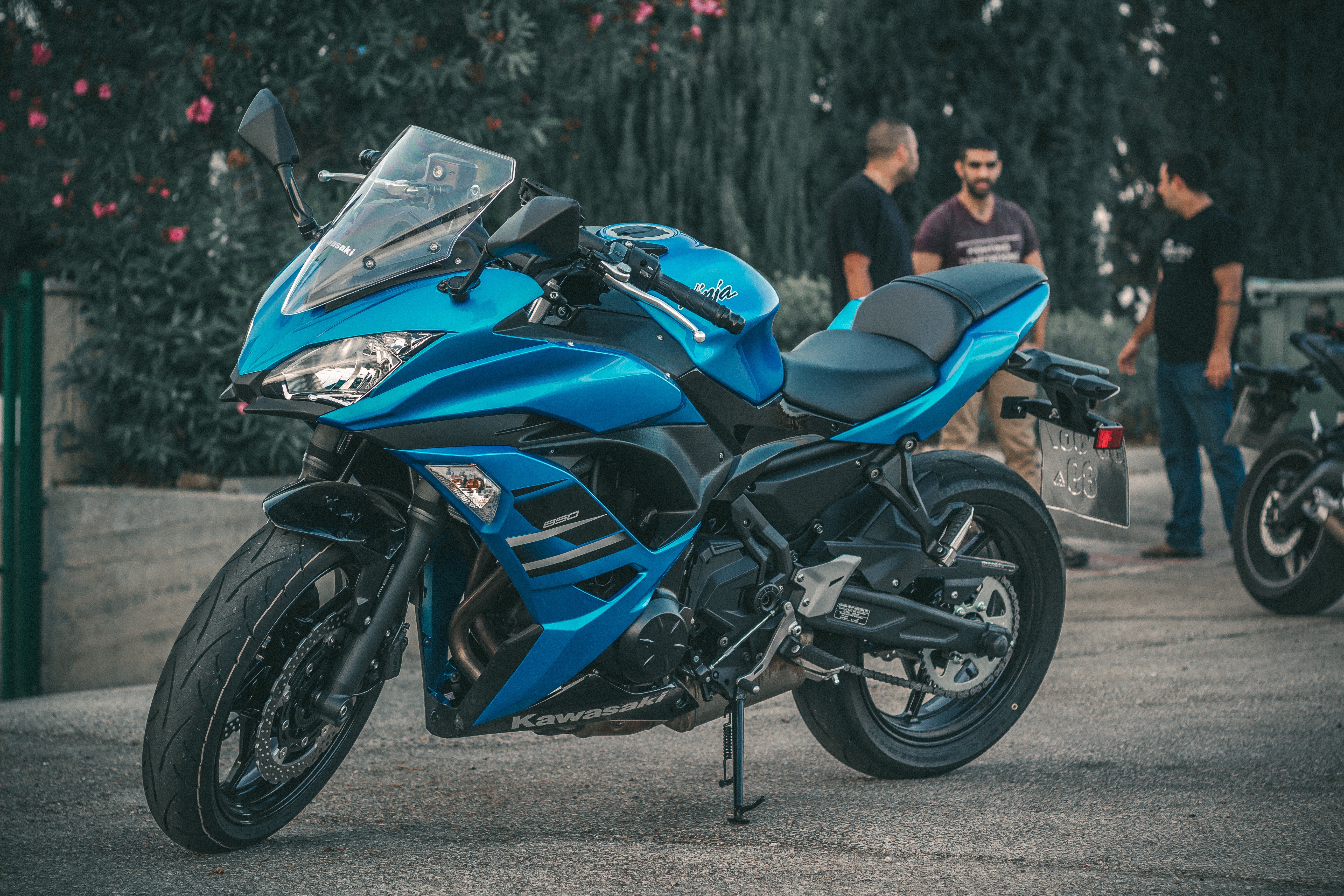
Private lessons are more expensive.
But, they do what you think they should do; teach you how to ride.
Let’s break it down. Private lessons come from private instructors. It isn’t very difficult to find private lessons from certified instructors in any region.
You get a personal touch to an educational situation that has a very personal final use. Often you get to use a private motorcycle, and for the most part, use of your own town as a grounds for adapting to your new, high-intensity, choice of transportation and hobby.
On top of the luxuries provided by most private schools, you will also get a very focused training system. One that can usually adapt to your lifestyle, and your schedule. One that will provide you with the space that you need to grow at the pace that you need for growing. A bounty that some often overlook when considering where to take their training is that given an opportunity to get to know one another, a teacher and student can be far more beneficial to the common goal.
If your instructor is even semi-decent at their job it will become a study on how you learn, and in turn reform the future of your education process to give you the greatest success. You see one thing that private teachers usually cannot (and if they’re good, they will refuse to) do is administer a license test. Because leaving the future of your riding life in the hands of people that financially need high success is perhaps the most injustice one could endure.

In most cases, you will begin your education in riding within a public parking lot. Soon after, however, you should be forced out onto the open road. One thing that you cannot have enough of is real road experience. Riders that put in more time among other motor vehicles are usually the best of the lot of them. Like riding a non-motorized little sibling, there is a lot of proof that putting in the time develops a keener ability to feel comfortable.
How traffic acts – as volatile as it can be – and how the participation of that traffic feels is just something you cannot learn in a closed facility or in a classroom.
An unfortunate side-effect of a group school in a facility is that they tend not to take their students out on the real streets very often. It’s a logistical nightmare, and truthfully, a lot of their students aren’t good enough to be out there.
This isn’t an article attempting to slag on group motorcycle schools, but what we’re trying to provide is the best insight on the school structure that we can. None of this is to say that no one coming out of the group system is a qualified or competent motorcyclist. However, you have a better shot at becoming that ideal rider if you go the private route.
The Difference
This boils down to the difference between a general public education (a basic formality designed to push you through, as more of a right of passage) and a private tutorship (dedication to the progression of your knowledge and skills).

If you’ve already got your learners license, then the next step is to take a road test. This test will vary depending on your location but will consist of a follow vehicle observing your actions during real road scenarios.
Most testing facilities use Bluetooth helmet mounts to communicate between the instructor and the pilot of the motorcycle taking the test. This will be to give direction – as there I no set route usually, and if the instructor is unsure about a certain mechanic you show during riding, may adapt your path to see more of that – as well as assign specific tasks during your ride.
Your road exam
Will be the hardest test on the qualifications path towards becoming a legitimate rider.
Whether you knock down all of your tests as soon as they become available to you, or you take some time off – after all, there aren’t many restrictions on your learners license so there is plenty of pavement out there for you to enjoy within that box – before taking your road exam, it’s important to be sharp heading in.
If you listened to our advice, and it’s only simply an opinion, then you’ve got a private instructor in your Rolodex. The absolute best practice, even if you’re a little bit cocky and assured of your talents with a clutch and throttle, is to freshen up before your assessment.
In fact, if you’re in your first five years in the saddle, and you live in an environment where you cannot ride all year round, we’d suggest that you take at least one refresher lesson before setting out for the new year come springtime. This will set you up nice and safely for the riding season ahead, and curb any bad habits you might have developed over the year of riding, and offseason.
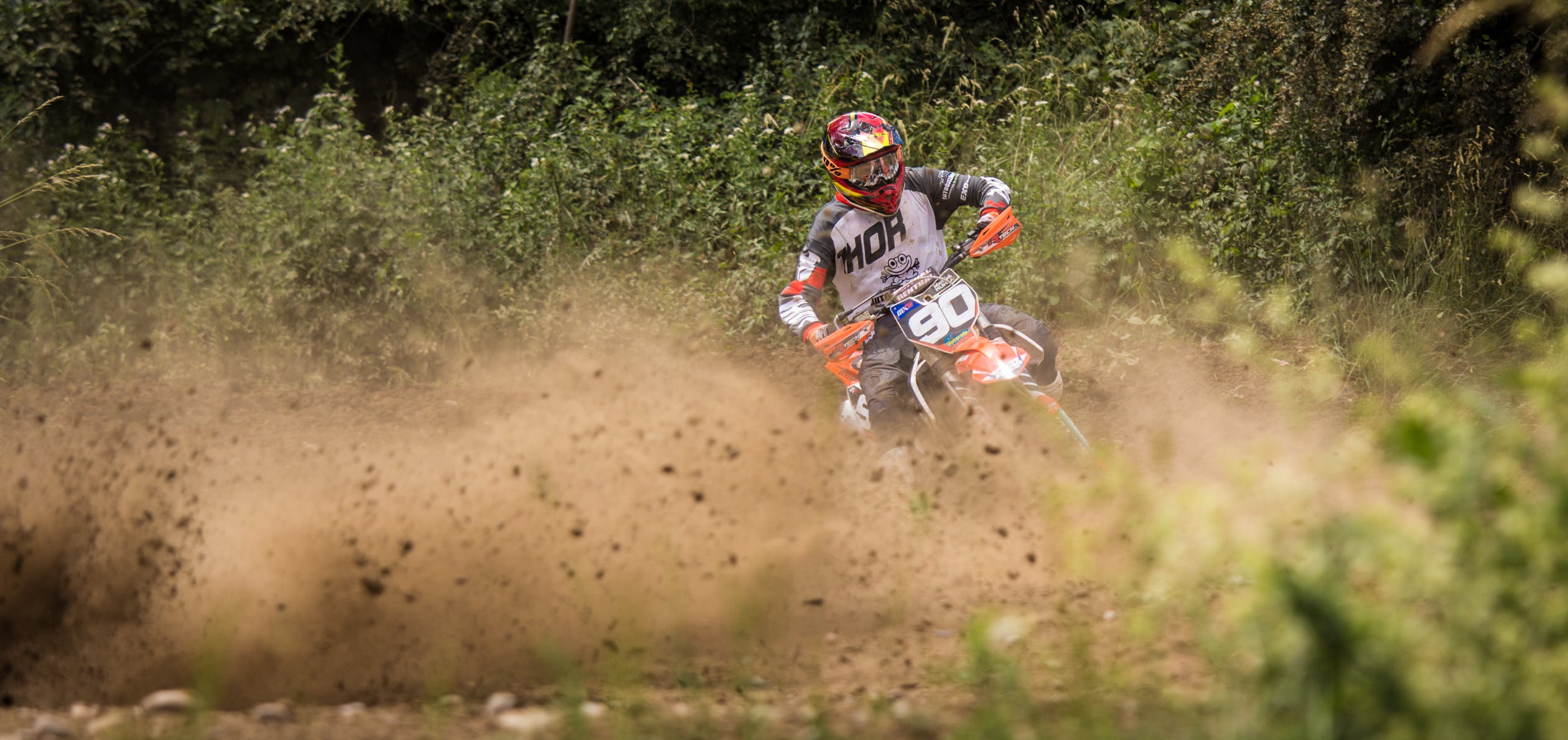
Do you need to take a motorcycle training course? No.
Should you? Absolutely. For our sake (your fellow road users) and your own. Be as safe and as comfortable as you can be. There’s nothing more conducive of a better practice in motorcycle riding than getting time on a bike, in front of someone who knows what they’re doing.
You need time on the road. You need the freedom of actual hands-on experience in the saddle. You probably need to use someone else’s motorcycle (you shouldn’t be buying a motorcycle prior to passing your learners license skills test anyways, because you can’t ride alone with that stage of license). Your best bet for the best bet against the odds of harm or damage is to take private, one-on-one motorcycle classes from an organization that has a high reputation and friendly instructors.
And remember, you get what you pay for.
Don’t cheap out on helmets.
Don’t cheap out on repairs.
But make sure you also don’t cheap out on motorcycle riding training. The future of your new found soul could very well depend on who teaches you, and how.
Ride Free, Ride Safe.
Peace signs down.
Sources
- Chicago News – Learning By Doing Helps Students Learn
- ICBC – Motorcycle Skills Test
- High Gear Motorcycle School – Philosophy


